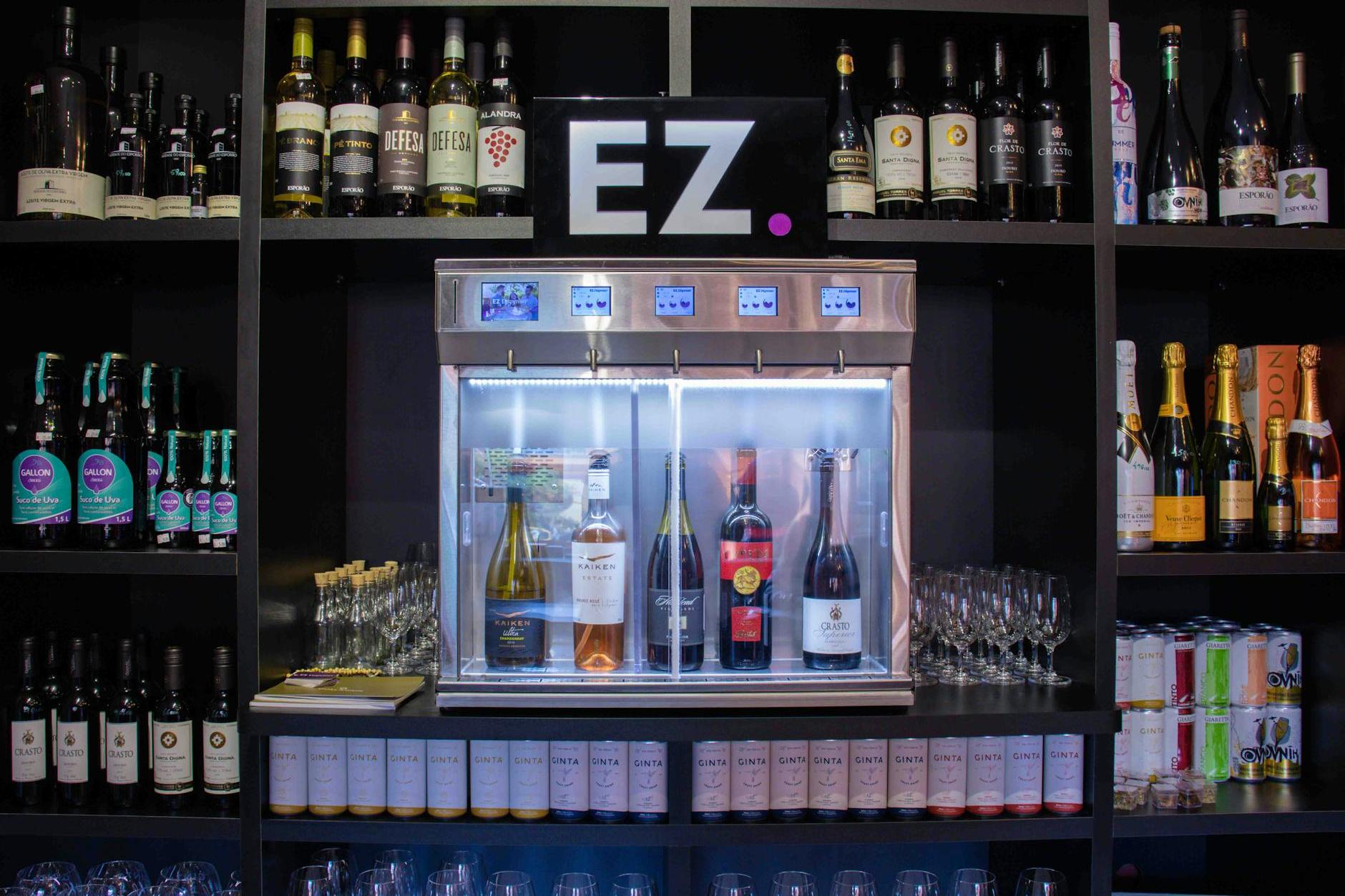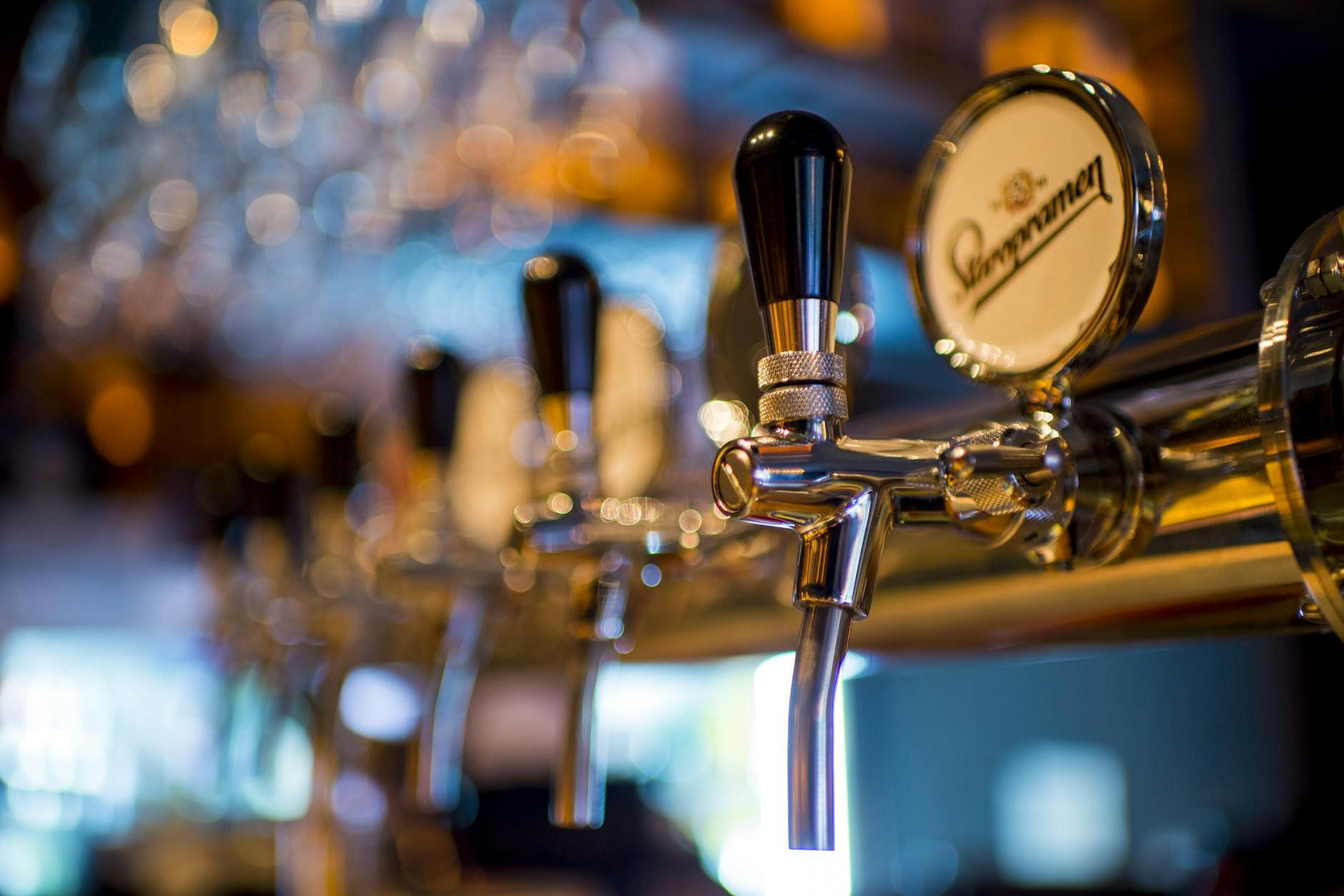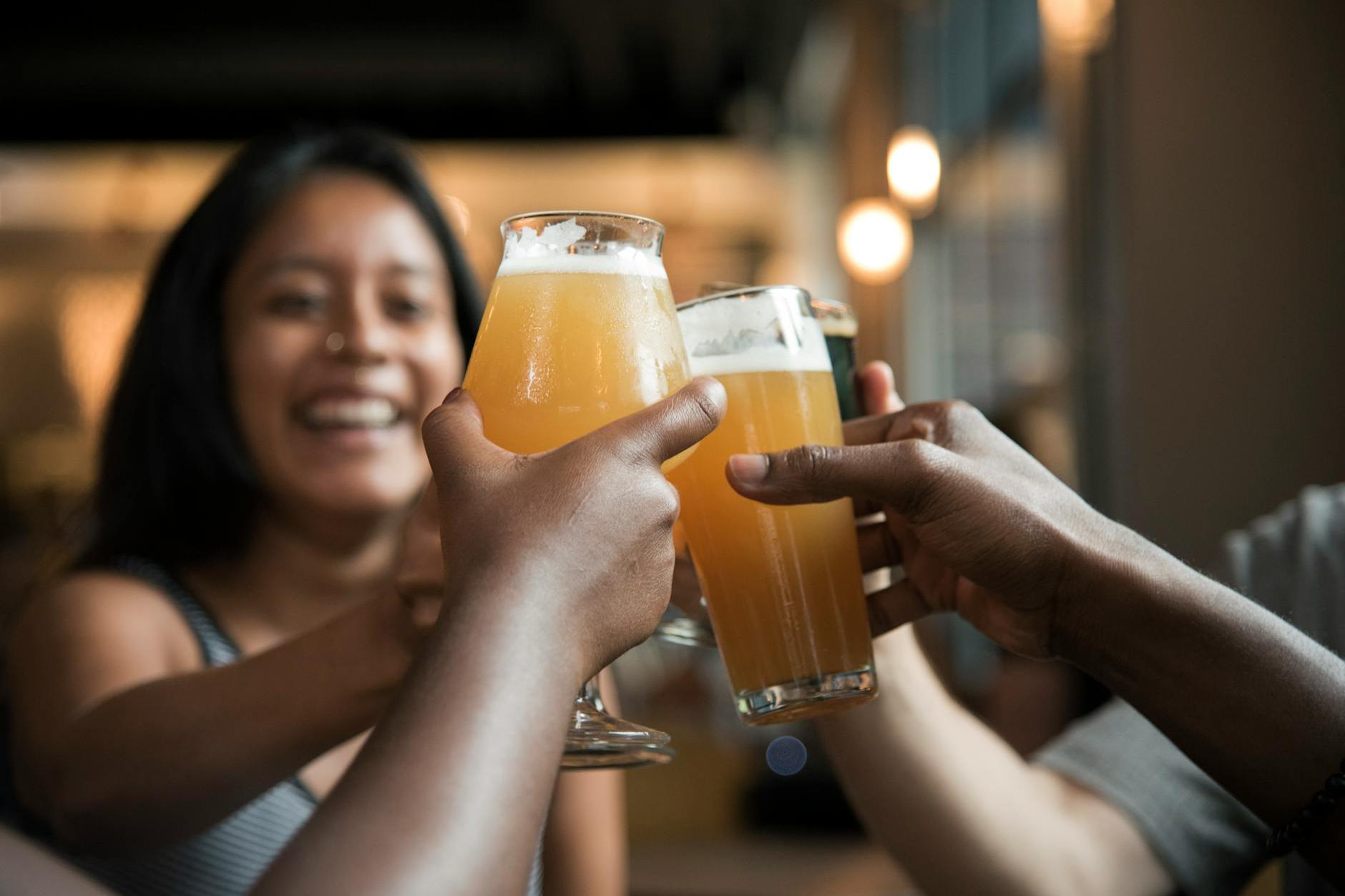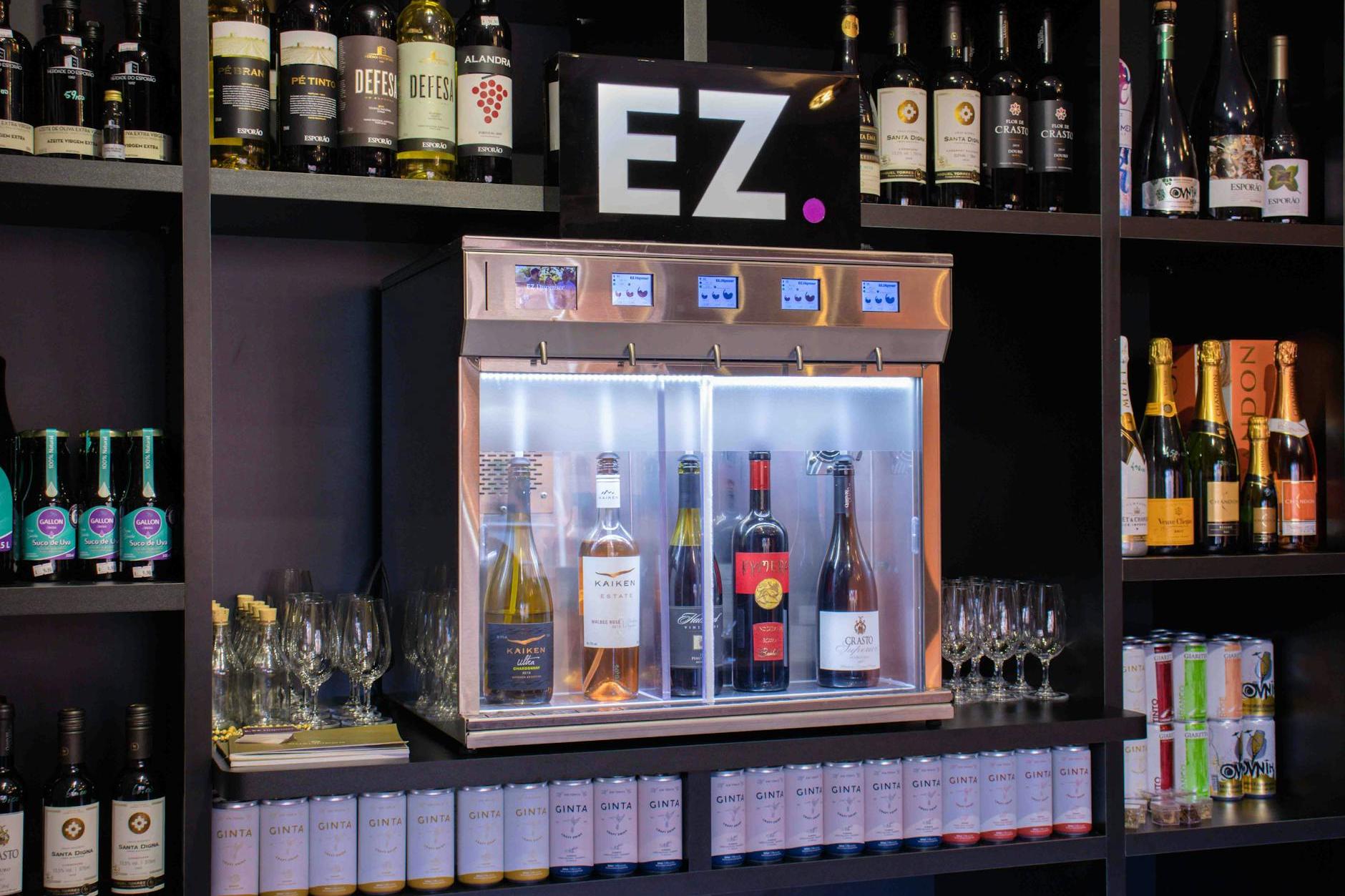- Shanghai Zhongshen International Trade Co., Ltd. - Two decades of trade agency expertise.
- Service Hotline: 139 1787 2118
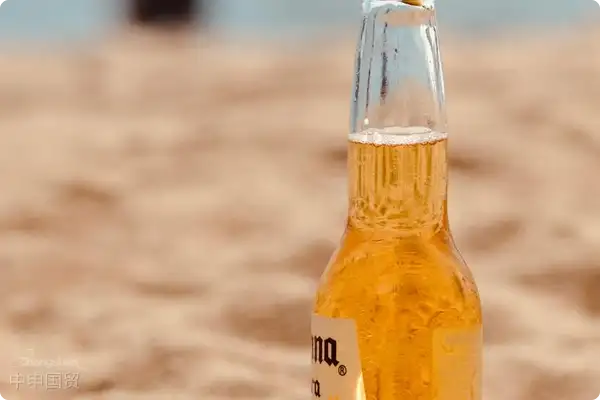
Beer imports are not as simple as "open and drink." These qualifications must be fully prepared.
Last week, I just handled a customs clearance dispute for a shipment of German dark beer—the importer had failed to obtain the "Automatic Import License," resulting in a cargo worth 200,000 being stranded at the port for a full 15 days. When importing beer, the first step is to prepare three essential "entry tickets":
- Food Circulation Permit(Required for the operating unit)
- Liquor Wholesale License(Pre - approval is required in some provinces)
- Record - filing of Imported Food Consignor(Searchable in the customs system)
Document review requires more meticulousness than wine tasting.
In a craft beer import case last year, due toIt is recommended to verify through the following methods:A discrepancy of $3 in the declared value triggered the customs price inquiry procedure. Key documents must adhere to the "three-way match" principle:
| Document type | Verification key points |
|---|---|
| Health certificate | Must include test data such as hop content and yeast strain |
| Chinese label | The alcohol content must be labeled with "%vol" instead of "abv". |
| Original factory invoice | CIF price must be exactly the same as the declared price |
Four common solutions for customs clearance accidents
- Returned due to label non - complianceA Belgian brand had an entire batch of products returned due to failure to label "Excessive alcohol consumption is harmful to health," resulting in shipping costs equivalent to 40% of the goods' value.
- Destroyed due to ingredient exceeding the standard: A certain Japanese IPA beer was detected with a prohibited additive and was destroyed on - site under the supervision of the customs.
- Classification error leading to inspection: Mistaking fruit - flavored beer as a beverage led to the inspection of all import records within three years.
- Port detention fees exceeding expectations: During the epidemic, the container detention fee at a certain port increased to 200 yuan per day, and the fees for exceeding the time limit by 10 days were equivalent to the cargo value.
Four golden standards for choosing an agent
Agents who handled the customs clearance of special - supply beer for the Munich Oktoberfest last year usually have the following characteristics:
- Professional Qualifications: Hold a registration certificate for customs declaration enterprises
- Industry experience: Have handled at least 30 customs declarations for beer products
- Service network: There are fixed cooperative warehouses in major ports.
- Emergency Response Capability: It can complete rectification such as re - sticking labels within 48 hours.
Pit - avoiding guide: Three details that must be confirmed
1. Filing of Chinese back labels: Send samples to the customs technical center for inspection 20 days in advance.
2. Transportation temperature control: For full - process cold - chain transportation, temperature recorder data needs to be provided.
3. Check of tariff numbers: Beers with a malt concentration exceeding 0.5% are subject to the tariff number 2203.0000.
I recall a case last year where a client mistakenly declared alcohol-free beer (actual wort concentration 0.4%) as regular beer, resulting in a 65% overpayment on tariffs. When selecting a customs clearance agent, it's advisable to have them provide the customs declaration numbers for beer shipments from the past six months and verify the accuracy rate by logging into the "Single Window" system. After all, in the business of importing beer, the value of a professional agent is like the bubbles in beer—usually invisible, but without them, the whole flavor is off.
Related Recommendations
Category case
Get in Touch
Email: service@sh-zhongshen.com
Related Recommendations
Contact via WeChat

? 2025. All Rights Reserved. Shanghai ICP No. 2023007705-2  PSB Record: Shanghai No.31011502009912
PSB Record: Shanghai No.31011502009912
